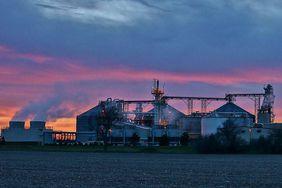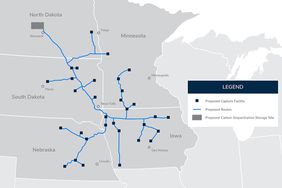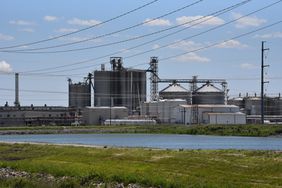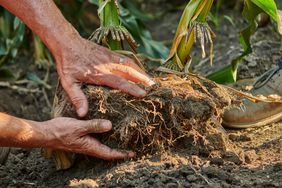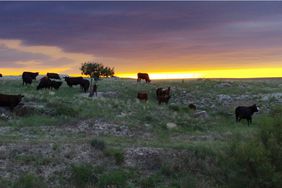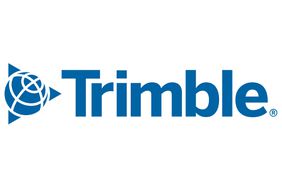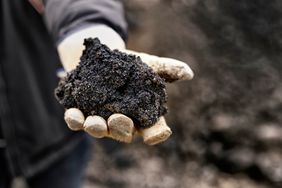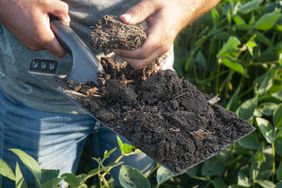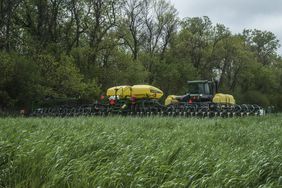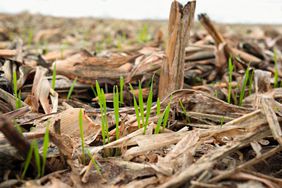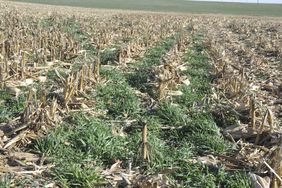:max_bytes(150000):strip_icc()/2784920Black20crumbly20soil20-2000-e6eba7e5b9cd4bbc983075e4da94b3d9.jpg)
CIBO, the science-based technology company that provides partners with a complete platform to manage ag carbon and nature-based climate programs, today announced the acceptance of their Project Description Document (PDD) to Verra entitled "The CIBO Initiative for Scaling Regenerative Agriculture."
The PDD was submitted under Verra Carbon Standard VM0042.
Verra Verified Carbon Standards
Verra is the global leader in voluntary carbon market quality assurance. They have developed over 200 greenhouse gas (GHG) reduction and sequestration standards, known as methodologies. Each standard can be used to develop programs that create meaningful environmental and social value with high quality and confidence.
For the first time, a company looking to bring a registered carbon program to their growers or stakeholder groups in the U.S. now has a project infrastructure that they can leverage through credit registration or as a reference design for their own project.
The CIBO Initiative for Scaling Regenerative Agriculture is the first project under VM0042 to be submitted and listed in the pipeline in the United States and the first to be listed as "Under Validation" globally.
The project is a comprehensive effort to provide financial and technical support to U.S. commodity crop growers that results in their adoption of improved agricultural land management practices and, as a result, GHG reductions, GHG removals, and improved land resiliency. Named practices include cover crop adoption, reduced tillage and reduced nitrogen.
Under the new Verra Program, CIBO's proprietary software platform is combined with technical and financial support from both CIBO and enterprise partners. The resulting programs will deliver incentives, a financial safety net, and expert guidance that farmers across the Corn Belt region of the United States need to overcome barriers to widespread adoption of regenerative agriculture.
CIBO's Verra project was designed from the ground up to support enterprises throughout the food and agriculture value chain, including: CPGs; input companies; grain and commodities companies; ethanol producers; and others with agricultural commodities in their customer base or supply chain.
- READ MORE: Bayer expands investment in CoverCress Inc., a sustainable, lower carbon oilseed producer
"We are excited to have achieved this milestone which will further accelerate the transition to regenerative agriculture," says Daniel Ryan, chief executive officer of CIBO Technologies. "Once the project is reviewed and accepted by the team at Verra and an independent verification body, it will be made available to support our partners with development of their own carbon programs and climate commitments."
"It's encouraging to see the CIBO Initiative for Scaling Regenerative Agriculture project enter the validation phase under VM0042 Methodology for Improved Agricultural Land Management," says Toby Janson-Smith, chief program development and innovation officer at Verra. "Once validated, the project will create a pathway for growers in the United States to generate verifiable, transparent, and robust carbon reduction and sequestration credits, and demonstrate the key role the U.S. agricultural sector can play in tackling climate change."
